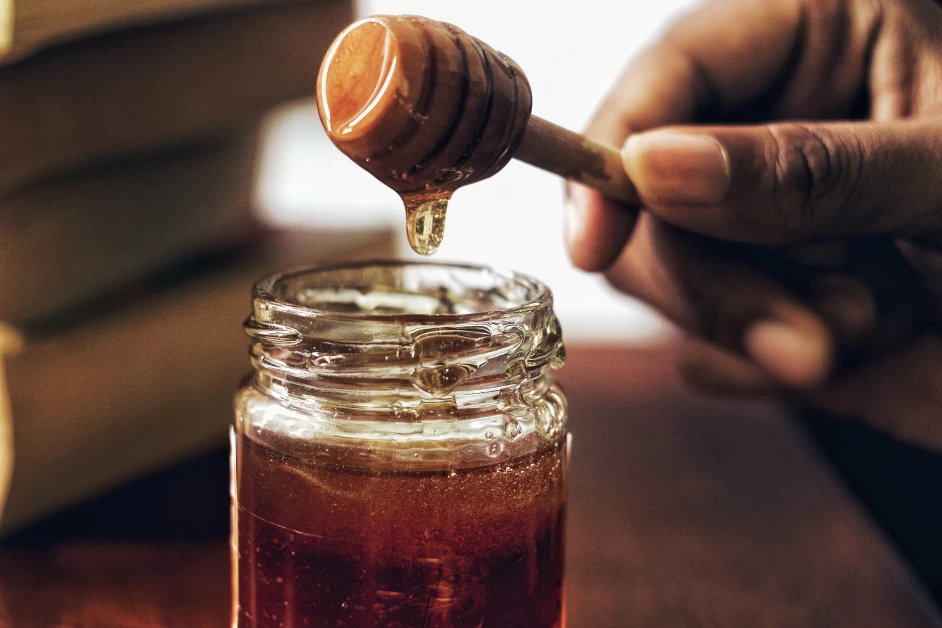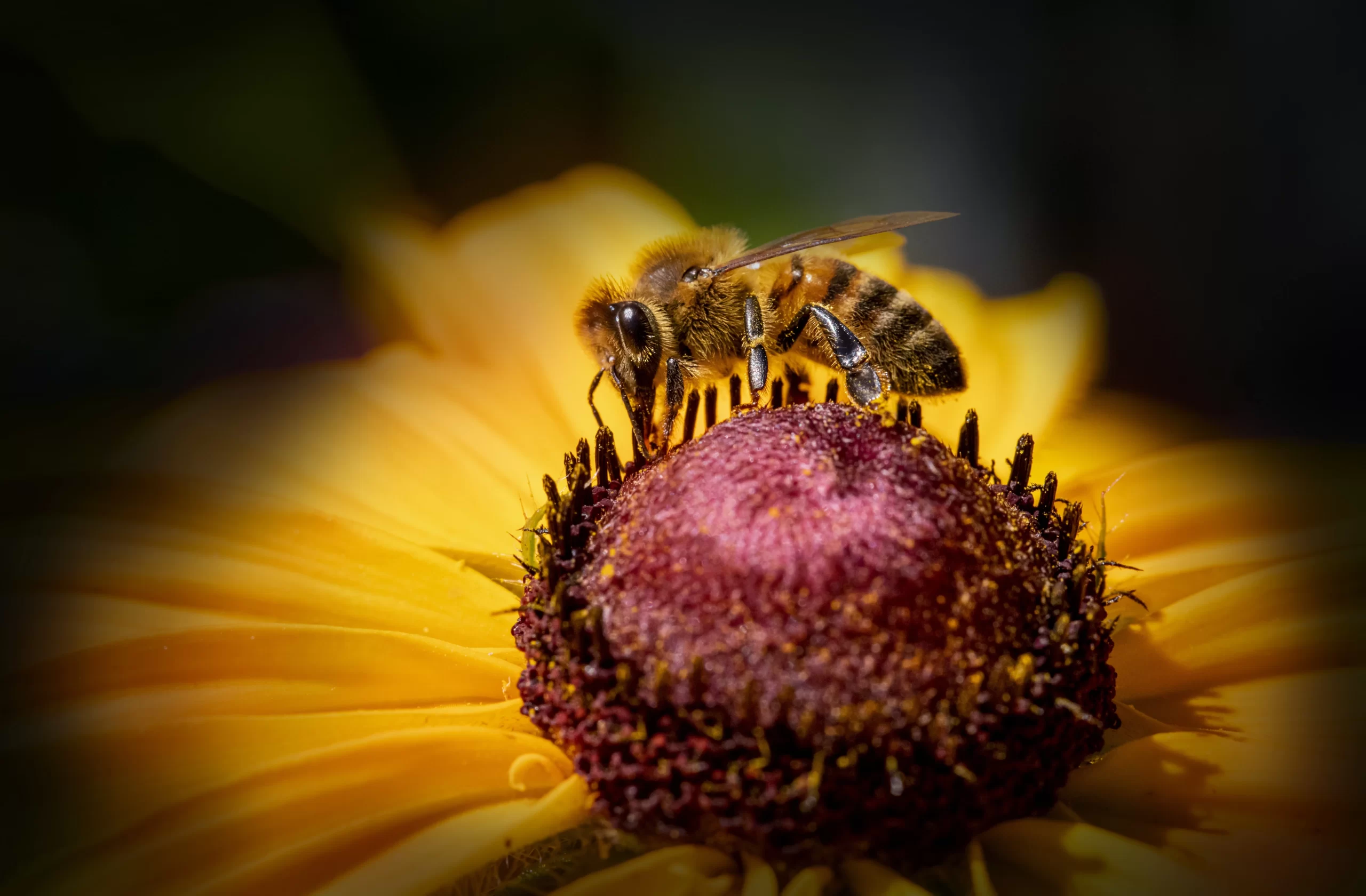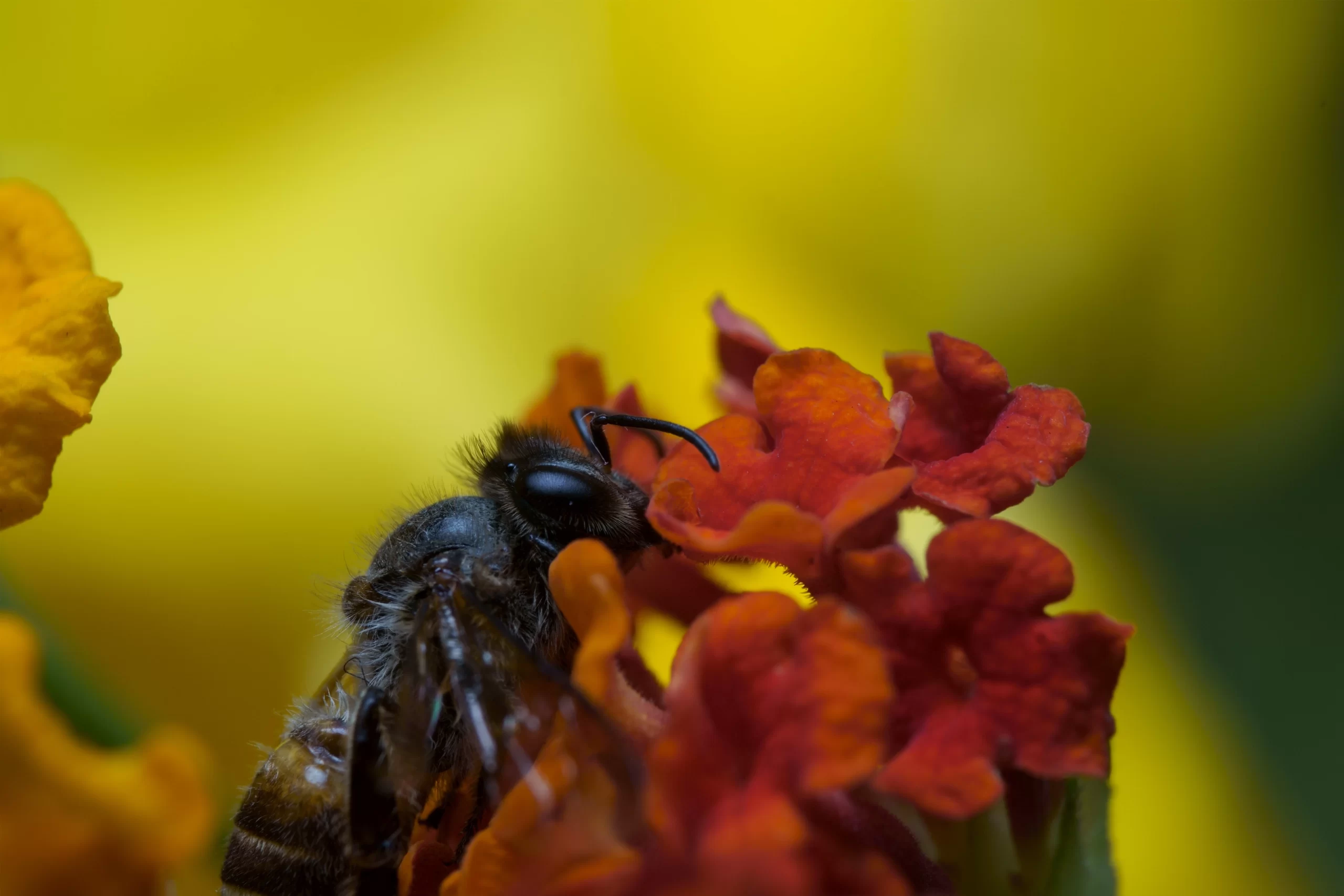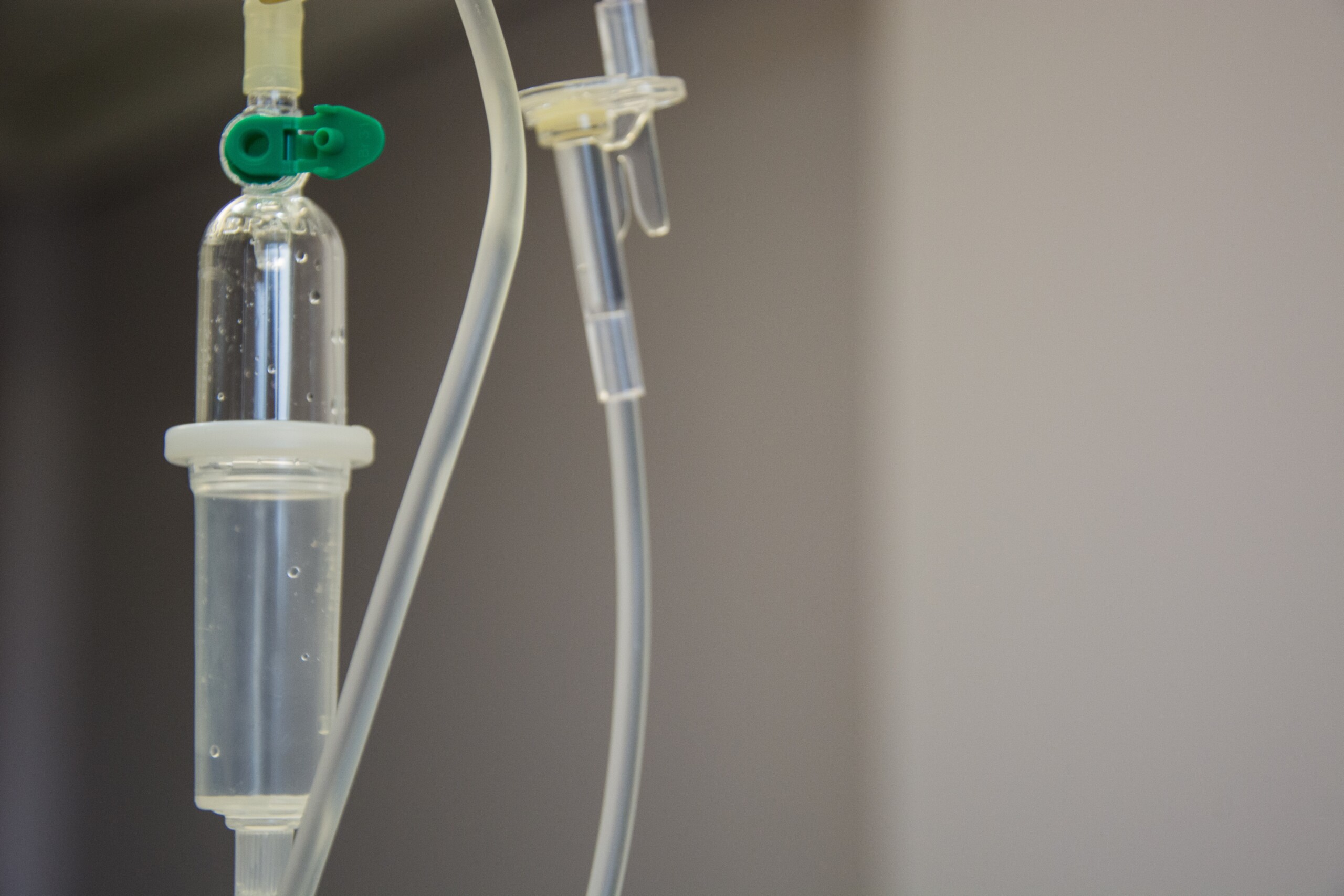Introduction
Welcome to the world of Manuka honey! In this article, we will explore the incredible benefits of Manuka honey, including its antimicrobial properties, ability to kill viruses and bacteria, and its potential use in skincare. We will answer common questions like “What is Manuka honey?” and “What is Manuka honey good for?” We will also provide information on where you can find Manuka honey. So, let’s dive in and discover the wonders of this superfood!
What is Manuka Honey?
Manuka honey is a special type of honey that is produced when bees gather nectar from the flowers of native New Zealand Manuka trees. Unlike other types of honey, Manuka honey is monofloral, meaning it primarily comes from the nectar of Manuka trees. In the past, Manuka honey was not highly favored for its taste and was difficult to extract. However, it has since gained popularity worldwide for its unique health and wellness properties.
The History of Manuka Honey
Beekeeping in New Zealand has a rich history dating back to 1839 when the honey-making species Apis Mellifera was introduced to the region by an English Beekeeper named Mary Bumby. Manuka trees flourished in this region, and the first honey production in New Zealand was derived from Manuka trees. However, Manuka honey faced challenges in the market and remained on the sidelines for nearly a century.
In the 1980s, a New Zealand Biochemist named Dr. Peter Molan delved into the antibacterial properties of Manuka honey and coined the term “Unique Manuka Factor” (UMF). This discovery propelled Manuka honey into the world market. Later research found an organic compound called methylglyoxal (MG or MGO) in Manuka honey, which correlates with its antibacterial properties. The unique qualities of Manuka honey have made it a sought-after superfood.
Is Manuka Honey Safe to Eat?
Yes, Manuka honey is safe to eat and can be used in various ways in the kitchen. However, it is not recommended for children under 12 months of age. Consuming Manuka honey raw provides the most benefits. You can simply take a spoonful of Manuka honey 1-2 times a day. Additionally, you can mix it with tea or coffee, use it as a syrup or spread, combine it with olive oil and vinegar for a salad dressing, or pair it with different cheeses. The possibilities are endless!
The Taste and Texture of Manuka Honey
The taste of Manuka honey can vary depending on the region it is produced in and the post-harvest processing. Bees & Trees Manuka honey is known for its amazing taste, described by customers as the best they have ever had. The micro-climate of the Taranaki region, where Bees & Trees Manuka honey is produced, contributes to its unique flavor. Manuka honey also has a thicker texture compared to other types of honey, making it more spreadable.
Where Can You Find Manuka Honey?
Manuka honey is widely available in health and wellness shops, general grocery stores, and online. However, it is important to choose a reputable brand that offers pure, natural, and raw Manuka honey. Bees & Trees offers some of the best Manuka honey on the market. Their honey is region-specific to Taranaki and is crafted in small batches, ensuring the highest quality and authenticity.
Understanding Manuka Honey Labels
When shopping for Manuka honey, it is crucial to understand the testing, ratings, and labeling standards that describe its potency. Look for labels that provide information on the levels of MG (methylglyoxal) in the honey, or that display the official UMF logo and rating, or both. The higher the concentration of MG, the stronger the antibacterial properties of the honey. Avoid labels with general claims like “Active” or “Bio-Active” followed by a number rating, as these may not provide the desired health benefits.
The Health Benefits of Manuka Honey
Now let’s explore the incredible health benefits of Manuka honey. From fighting off viruses and bacteria to promoting oral health and aiding in cancer treatment, Manuka honey offers a wide range of benefits that make it a true superfood.
Fighting Viruses and Bacteria
Manuka honey has been shown to inhibit the spread of viruses and bacteria and even kill them off. It is particularly effective against the flu virus and has potential medicinal value in combating influenza. The potent antibacterial properties of Manuka honey make it effective against bacteria like Staphylococcus aureus, which is responsible for infections. It can also eradicate biofilms, slimy collections of bacteria that are difficult to penetrate.
Relieving Cold and Flu Symptoms
When you feel the first signs of a cold or flu, consuming 2 teaspoons of Manuka honey per day can help fight off the infection and relieve symptoms. You can also add Manuka honey to tea with lemon to soothe a sore throat or use it in a saline solution for nasal rinses to alleviate congestion.
Boosting Digestive Health
Manuka honey has been found to have immense benefits for the digestive system. Consuming 1-2 teaspoonfuls of Manuka honey per day promotes a healthy gut, which is essential for overall immune system function. It can also reduce inflammation in the bowels, making it effective in treating conditions like inflammatory bowel disease and gastric ulcers.
Wound Care and Skin Health
Manuka honey is widely used in hospitals to treat wounds, burns, and other skin care needs. It promotes tissue growth, suppresses inflammation, and aids in rapid wound healing. It has also shown potential in cancer treatment by inhibiting tumor growth and improving host survival. For skin care, Manuka honey can help reduce acne and maintain oral health by reducing dental plaque and gingivitis.
Choosing the Best Manuka Honey
To ensure you get the best quality and authenticity, choose Manuka honey that is directly sourced from New Zealand. Bees & Trees Honey is region-specific to Taranaki, where their hives and extraction operations are located. Their honey is raw and minimally processed, guaranteeing purity and taste. By choosing a reputable brand like Bees & Trees, you can reap the full benefits of Manuka honey.
Conclusion
Manuka honey is a superfood with incredible health benefits. Its antimicrobial properties, ability to fight viruses and bacteria, and its potential use in wound care and cancer treatment make it a unique and powerful natural remedy. It is important to choose a reputable brand that offers pure and authentic Manuka honey. Bees & Trees Honey is dedicated to providing the best Manuka honey, crafted in small batches to ensure quality and taste. So why not give Manuka honey a try and experience its numerous health benefits for yourself?



